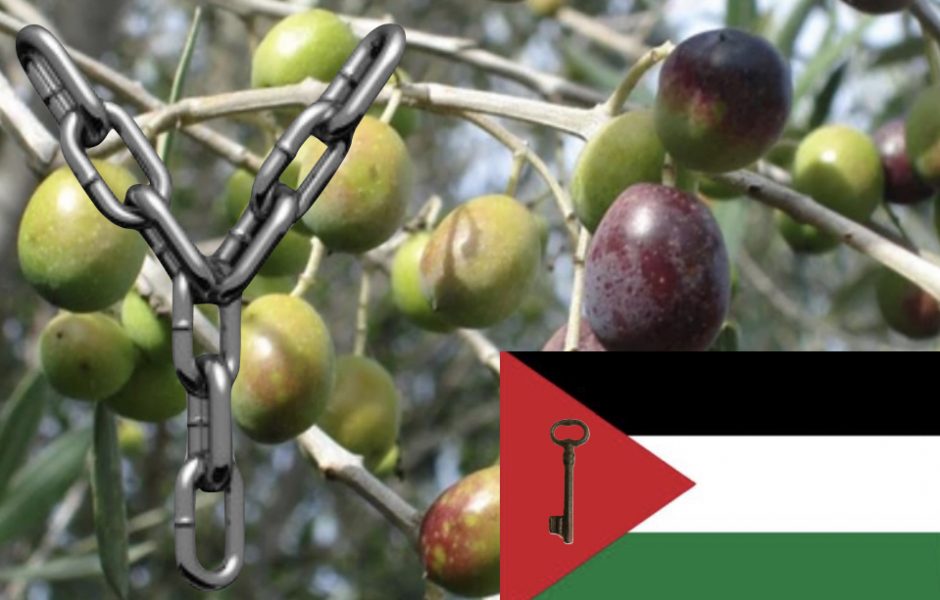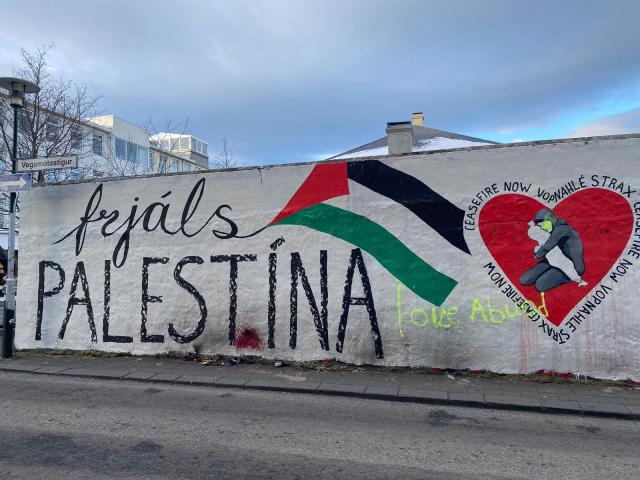Phalapoem editor, 20/03/25
Hummus, the creamy blend of chickpeas, tahini, lemon, and garlic, is more than just a dish—it is a cultural emblem deeply rooted in Palestinian identity. For generations, Palestinian families have perfected their own versions of this beloved dish, passing down recipes that reflect not only culinary expertise but also history, resilience, and the rich agricultural heritage of Palestine. In a world where food is increasingly politicized, hummus stands as a symbol of Palestinian existence, resistance, and the deep connection to the land.
The Palestinian Origins of Hummus
While hummus is enjoyed across the Middle East, its Palestinian roots are undeniable. Palestine’s fertile lands have long been a source of high-quality chickpeas, olive oil, and sesame seeds, the key ingredients in authentic hummus. The traditional Palestinian method of making hummus involves careful selection of local ingredients, creating a dish that is not only flavorful but also deeply tied to the land.
Palestinians have prepared hummus for centuries, serving it in homes, markets, and communal gatherings. Unlike mass-produced versions found in supermarkets today, Palestinian hummus is typically made fresh, with a smooth yet slightly rustic texture, and drizzled generously with extra virgin olive oil from the ancient olive groves of Palestine.
How to Make Authentic Palestinian Hummus
Ingredients:
• 1 ½ cups dried chickpeas (or 1 can of cooked chickpeas)
• ½ teaspoon baking soda (for soaking and cooking)
• ½ cup tahini (sesame paste)
• Juice of 2 lemons (freshly squeezed)
• 2 cloves garlic (crushed)
• ½ teaspoon cumin (optional, for added depth)
• 1 teaspoon salt
• ¼ cup extra virgin olive oil (preferably Palestinian olive oil)
• Cold water (as needed for smoothness)
• Paprika, chopped parsley, and whole chickpeas for garnish
Instructions:
1. Soak and Cook the Chickpeas
• If using dried chickpeas, rinse them and soak them overnight in water with ½ teaspoon baking soda.
• The next day, drain and rinse, then place them in a pot with fresh water and another ½ teaspoon baking soda. Boil for about 1-2 hours, or until they are soft and easily mashed. Remove the skins for extra smooth hummus.
2. Blend the Hummus
• In a food processor, blend the chickpeas, garlic, lemon juice, salt, and cumin until smooth.
• Add the tahini and continue blending. Gradually add cold water (1–2 tablespoons at a time) until the mixture is creamy and light.
3. Serve with Love
• Transfer to a plate or bowl, using a spoon to create swirls on the surface.
• Drizzle generously with Palestinian olive oil, sprinkle with paprika and chopped parsley, and top with a few whole chickpeas.
• Serve with warm pita bread, fresh vegetables, or alongside other Palestinian dishes.
Hummus as a Symbol of Palestinian Identity
Hummus is more than just a dish—it represents Palestinian history, culture, and resilience. Each ingredient tells a story:
• Chickpeas are one of the oldest cultivated crops in Palestine, grown in the region for thousands of years.
• Olive oil comes from trees that are centuries old, standing as witnesses to Palestinian heritage and survival.
• Tahini is made from sesame seeds, which have been an essential part of Palestinian agriculture for generations.
In the face of ongoing illegal Israeli occupation of Palestine, genocide, ethnic cleansing and cultural appropriation, hummus remains a symbol of Palestinian identity. The act of making hummus, sharing it with family, and preserving its authentic preparation methods is a quiet yet powerful form of resistance—a declaration that Palestinian culture is alive and unyielding.
Palestinian hummus is not just a dish; it is a story of tradition, land, and perseverance. Every bowl carries the warmth of Palestinian hospitality, the richness of its history, and the resilience of its people. As Palestinians continue to fight for their rights and recognition, their cuisine, especially hummus, remains a testament to their deep-rooted connection to their homeland. By making and sharing Palestinian hummus, we celebrate a culture that refuses to be erased—one plate at a time.




























































































































































